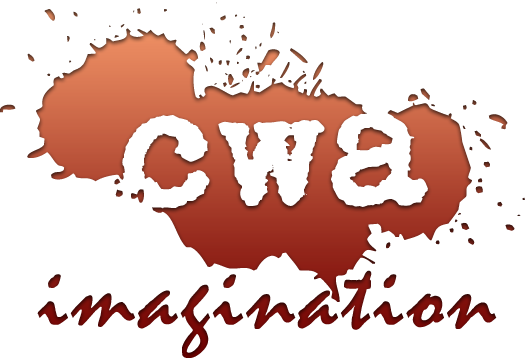Even the most successful, seasoned screenwriter solicits second and third opinions during his/her writing process. Unfortunately not everyone has access to the professional advice and notes these writers are privy to. This is a service we provide at CWA, and it can be one of the best choices a writer makes to get their script noticed.
For the average screenwriter, the usual process is: your submitted screenplay gets sent out for consideration. Upon receipt, the executive in question assesses whether it is a pass or recommend for their company. The decision to file or advance the script is often times made apparent in the coverage along with valuable critiques and recommendations. Unfortunately, these results are guarded and are never released to the writer.
At Creative World Awards, we offer you the chance to get script coverage before you begin widely circulating your script. We provide two different services at a price that is much lower than the average film industry coverage rates, which typically range from $300-$650 per script.
In the Judge’s Highlights order, you receive the industry Judge’s scorecard, plus 1 1/2 pages of written notes on the script’s current strengths and weaknesses. The price is $150 unless entering the competition where entrants receive a discounted price upon entering their script.
In the comprehensive Script Analysis order, you receive the industry Judge’s scorecard, plus 4-5 pages of written development notes designed to help you improve all critical technical elements as well as target the overall marketability of your script. Some of the elements include identifying and analyzing story arcs, plot development, premise, character development, dialogue critiques, and tightening all critical elements to produce the most potential market value for your script. The price for this is $250 if ordering without entering the competition. *If you are a Creative World Awards screenwriting contest entrant, you can receive this service for your submitted entry at a discount price when entering through the CWA submission platform or Film Freeway.
If an entrant, simply choose the judge’s scorecard/brief notes order or script the analysis option once in the online application. For all others, email us your script and click on the coverage option below that you wish to order and then select buy now. You will then be redirected to a secure PayPal site where you can pay the appropriate fee. After payment has been completed, email a PDF file of your script to the email address below. Once we receive your materials, you will get a confirmation and be placed in the queue.
Note: Generally, there is a 3-4 week turn around on the delivery, however, if it is during our open entry season, please allow 4-6 weeks.
For more info on coverage options or to confirm receipt of your script, email us at info@creativeworldawards.com
In Hollywood you have only one chance to make an impression…so make it your best!
